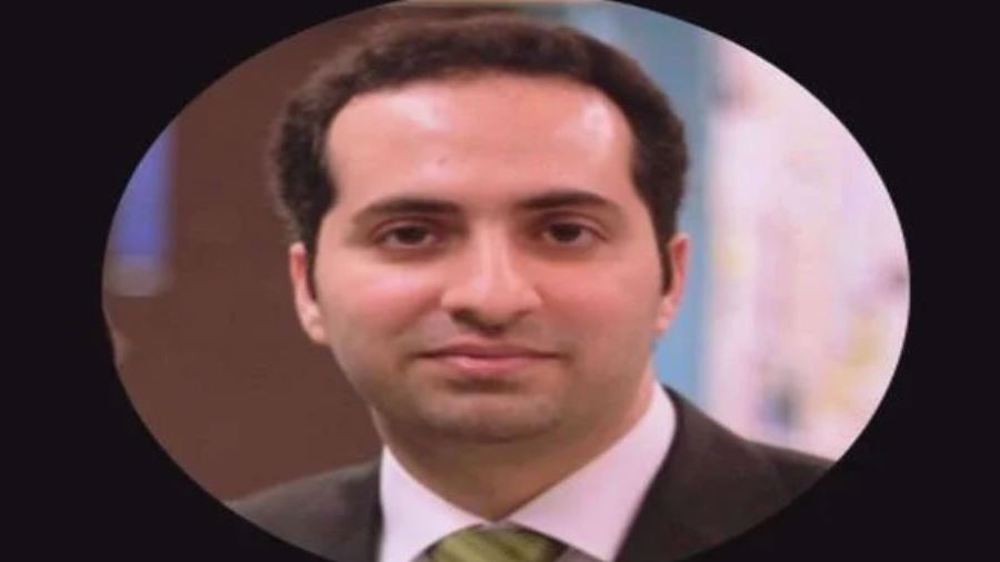Iran’s parliament holds 2nd session of debates on Rouhani cabinet
Iran’s Parliament (Majlis) is holding a second day of debates on President Hassan Rouhani’s cabinet picks.
On Wednesday, Iranian lawmakers began a second round of discussions on the qualification of Rouhani’s 17 nominees for ministerial posts.
As in the first session, which was held on Tuesday, supporters and opponents are taking turns to speak for and against the proposed ministers.
The nominees need to secure the legislature’s vote of confidence to serve in the new cabinet.
The debates in the morning focused on Mahmoud Alavi, Masoud Karbasian and Mohammad Javad Zarif, the president’s picks to head Intelligence, Economy and Foreign Ministries, respectively.
Zarif and Alavi have kept their spots on Rouhani’s list, while Karbasian would be a new figure among the future cabinet ministers, if approved by the MPs.
Rouhani won a landslide re-election in the May presidential poll.
He took the oath of office earlier this month after being formally endorsed as the Iranian chief executive by Leader of the Islamic Revolution Ayatollah Seyyed Ali Khamenei.
Zarif defends JCPOA
Defending his performance in Rouhani’s previous administration, Zarif touched on the 2015 nuclear deal that was signed between Tehran and the P5+1 group of countries under his ministry’s watch.

He said the deal, officially called the Joint Comprehensive Plan of Action (JCPOA), was not the result of Iran’s trust in the US, but rather every single part of it showed Tehran’s “serious distrust” of Washington.
He also thanked the Iranian parliament for supporting the nuclear agreement in all its stages.
The top Iranian diplomat further hailed the legislative body’s approval of a motion to confront “America’s terrorist and adventurous actions” in the region. The bill was passed in response to recent US sanctions against the Islamic Republic, in yet another violation of the JCPOA.
The deal was inked between Iran and the P5+1 countries — namely the US, Russia, China, France, Britain, and Germany — in July 2015 and took effect months later in January 2016.
Under the accord, which was later endorsed by a United Nations Security Council resolution, limits were put on Iran’s nuclear activities in exchange for the removal of all nuclear-related bans imposed on the Islamic Republic, among other things.
Dec. 22: ‘Axis of Resistance’ operations against Israeli occupation
‘Abhorrent’: Oxfam says only 12 trucks delivered aid in North Gaza since Oct.
VIDEO | Leader receives religious eulogists on Hazrat Fatima birth anniv.
Pope Francis slams Israel’s ‘machine-gunning’ of Gaza children
US hostage-taking of Iranian nationals violation of intl. law: Deputy FM
VIDEO | Carol Singers for Palestine on London’s Parliament Square
Ansarullah says ‘Israeli terrorists’ incapable of confronting Yemen, warns of secret weapons
VIDEO | Yemenis praise the military for its successful operations against Israel















 This makes it easy to access the Press TV website
This makes it easy to access the Press TV website